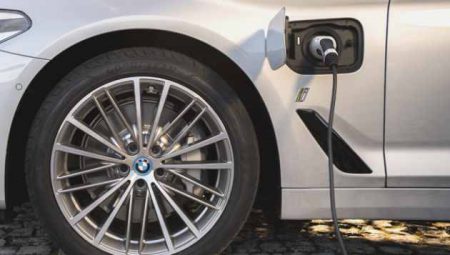The impending ban on the sale of brand new petrol and diesel-powered cars due in 2030 may already have you thinking about switching to an electric vehicle (EV) or plug-in hybrid (PHEV) in the near future. But how much do EVs cost to charge in the UK and how much could you save by making the switch to an electric car now?
There are many ways to charge an electric car and the cost will vary depending on your choice of energy provider and your tariff. Other influencing factors on EV charging costs include the speed and power of the charger, and the size of the vehicle’s battery. Here, we take a look at how much it’ll cost you to charge an electric car, plus we delve a little deeper into whether or not it’s cheaper to run an EV than it is a petrol or diesel car.

Charging an electric car at home: three-pin plug
While not recommended as such, you can charge your electric car with a conventional three-pin plug at home. It will take a long time because the power from a domestic wall socket is relatively low, so it’s best reserved for emergency charging away from home, and for cars with reasonably modest battery sizes.
The average home electricity rate costs around 30p per kWh (as of August 2023), meaning it would cost you roughly £12 and take 16-17 hours to charge a Nissan Leaf with its 40kWh battery.
Read more: FutureCar
It’s Time to Go Green!
If you would like to know more about Solar Panels and the PowerBanx range of home battery systems, and get a free instant quote, please complete our online form:

